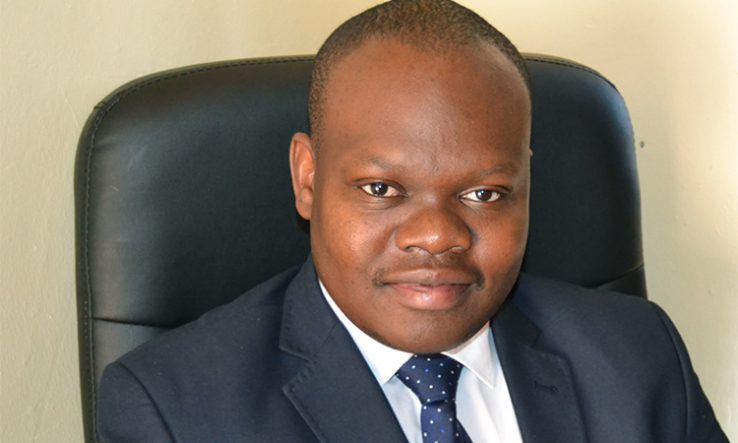
“Tough calls” ahead on funding priorities, MPs told
Fulufhelo Nelwamondo, the new head of South Africa’s National Research Foundation, has said that the agency faces “tough calls” as it sets out to prioritise research that promises to achieve social and economic impact.
“Gone are the days where research is just being funded for research. We need to look into what the impact is,” the 38-year-old engineer told MPs in his debut before Parliament’s portfolio committee on higher education, science and technology on 7 May.
Nelwamondo was appointed in March to lead the national funder, taking over from Molapo Qhobela, whose five-year appointment was not renewed. Nelwamondo’s focus on innovation and impact is in line with South Africa’s 2019 white paper on science and technology.
Nelwamondo said the NRF’s activities will be steered by a research impact framework that is at an “advanced stage” of preparation. In line with that framework, he said, “we are going to have to make tough calls going forward on which research will be prioritised less and which more”. He hinted that data science may be one of the new priority areas.
The push towards impact and innovation will involve “intertwining” the humanities and social science with hard science to “think together and work together”, he added.
Black and women postgrads
Promoting Black and women scholars in the research system and the NRF itself is also high on Nelwamondo’s agenda. The NRF will aim to raise the number of Black postgraduates it funds to 80 per cent of the total in the next five years, he said, and women to 55 per cent. Black researchers and women will increase to 48 per cent and 42 per cent of total funded researchers respectively over the same timeframe, he added. The NRF “will use all our resources to make sure this is achieved.”
He also promised MPs that funding would aim to reach a wider geographic spread in the country.
Nelwamondo said that the African Open Science Platform, a continental open science hub announced in 2015, will be operationalised in the next three years. The NRF hosts the platform’s head office, which is envisioned to “position African scientists at the cutting edge of data-intensive science”.
He said that this, and a faster move to open science, will change how the NRF operates and how it “measures things”. He said: “The key element is that we need to embrace open science. The world has changed, we can’t be left behind.”
Another development will be an NRF research and development information platform. Nelwamondo said this will be a comprehensive R&D data hub, a “single point of entry to obtain comprehensive R&D data and analysis”. It will include data from the NRF, higher education institutions, science councils, and scientometric data.
On engagement, Nelwamondo said that the NRF has set a first-time target of 240 grants in 2021/22 to researchers supporting science engagement. It has also set the first target of 320 grants to scientists or journalists who use indigenous languages for science communication.
Continuing money crunch
Nelwamondo admitted that South Africa’s innovation system needs to do a lot more but that the NRF needs “much more funding to realise our mandate”. Most of its funding—72 per cent—is contract funding from the Department of Science and Innovation, which comes with “predetermined tasks” and is not flexible, he said.
A mere 20 per cent of the NRF budget comes from its parliamentary grant, which is “most certainly not enough”, Nelwamondo said. Worse, he added, the NRF’s parliamentary grant decreased by 1.8 per cent in real terms in the latest financial year, while the NRF mandate kept on growing.